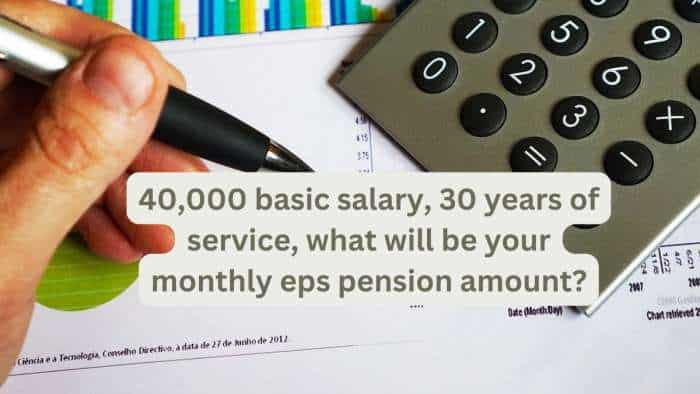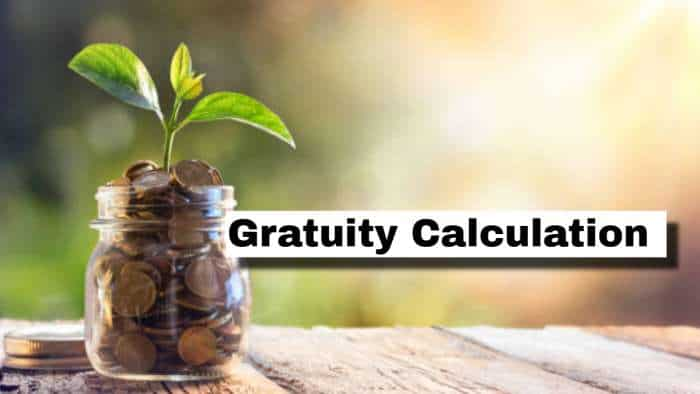Union Minister Narendra Singh Tomar launches blended learning platform for higher education in agriculture
"The blended learning is an extension of Krishi Megh. I believe it will strengthen the foundation of Krishi Megh and will help in meeting the requirement of digital learning," Tomar said.

Agriculture Minister Narendra Singh Tomar on Tuesday launched a blended learning platform for higher education in agriculture, developed by the Indian Council of Agricultural Research (ICAR) as part of a World Bank-funded project.
ICAR has developed the blended learning ecosystem as part of the five-year National Agricultural Higher Education Project (NAHEP) concluding this year.
India and the World Bank have contributed USD 82.5 million (about Rs 600 crore) each for this project that aimed at strengthening the national agriculture education system in the country.
"The blended learning is an extension of Krishi Megh. I believe it will strengthen the foundation of Krishi Megh and will help in meeting the requirement of digital learning," Tomar said at the launch of this platform at the three-day international conference here.
Krishi Megh, which is a data recovery centre of ICAR, enables the farmers, researchers, students and policymakers to be updated with latest information regarding agriculture and research.
Also Read: 68% rise in students going abroad in 2022; why Indians going abroad for higher education?
For India to become a developed nation by 2047, the minister said the blended learning ecosystem will play a key role in this journey.
Blended learning is a combination of offline and online learning in a way that one complements the other.
ICAR Director General Himanshu Pathak said, "I believe the World Bank will further promote research and education. ...To address the challenges of climate change and low productivity, education will play a crucial role. Our young students as well as scientists need to be equipped to combat all problems and experiment to learn new things which can be done through a blended learning ecosystem."
ICAR Deputy Director General (Agricultural Education) R C Agrawal said it has been the ICAR's endeavour to enhance agricultural higher education in alignment with guidance from the National Education Policy 2020 and the UN-SDGs.
Now, all agricultural universities have access to e-learning and e-governance applications. They all have smart classrooms, video conferencing facilities and virtual reality experience labs, he said.
About 86 per cent of agri-universities have academic management systems; 90 per cent have wi-fi on campus and 92 per cent have high-speed internet connectivity. The e-content, using virtual and augmented reality, is highly immersive. Assessments, including short and long answer type questions have been digitised, he added.
The NAHEP has achieved "almost all targets" and significantly exceeded more than half of them. "The quality of students coming in is better, in that they have higher cut-off scores, the graduates have higher placement rates and the research is more effective," Bekzod Shamsiev, Senior Agriculture Economist at The World Bank, said.
The next challenge is to transform digital learning into digital agriculture. Agricultural universities have an important role to play in promoting precision farming, environmental monitoring and automation of agricultural processes, he said.
It should lead to better trading systems and market information, efficient supply chain logistics and provide information for better policy making and regulation, Shamsiev added.
Catch latest stock market updates here. For all other news related to business, politics, tech, sports and auto, visit Zeebiz.com.
Get Latest Business News, Stock Market Updates and Videos; Check your tax outgo through Income Tax Calculator and save money through our Personal Finance coverage. Check Business Breaking News Live on Zee Business Twitter and Facebook. Subscribe on YouTube.
RECOMMENDED STORIES

SBI Senior Citizen FD Rates: Want to invest Rs 3,00,000 in SBI FD? You can get this much maturity amount in 1 year, 3 years, and 5 years

EPS Pension Calculation: Rs 40,000 basic salary, 30 years of service, what will be your monthly EPS pension amount?

Retirement Planning: How one-time investment of Rs 11,00,000 can create a Rs 3,30,00,000 retirement corpus
09:19 PM IST







